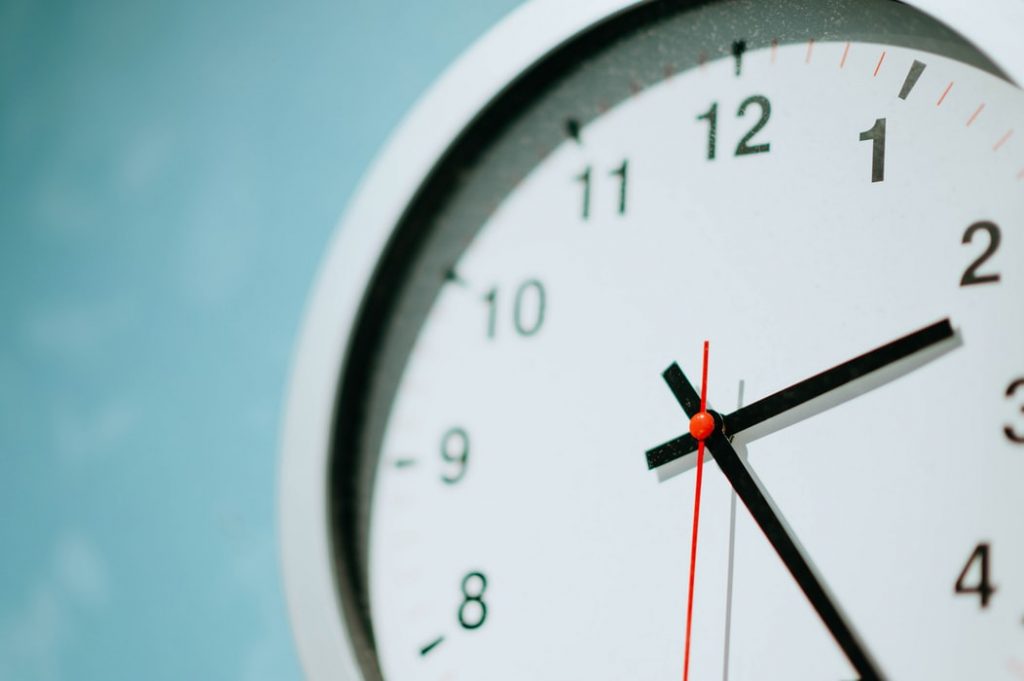(Source: CBC via William Lee)
In the 1930s, it helped sailors properly set their instruments for navigation.
It allowed railway companies to be punctual, and helped Canadians set their watches with precision every day.
Today, if you’re a CBC Radio aficionado, you may recognize its repeated beeps over the airwaves every day just before 1 p.m. ET.
To many, the National Research Council official time signal is a fixture of Canadian society. And on Nov. 5, the longest running segment on CBC Radio turns 80 years old.
Day 6 host Brent Bambury spoke with Laurence Wall, one of the current voices of the National Research Council time signal, about its origins, its importance, and where it stands in the digital age.[…]
Click here to read the full article and listen to the interview and audio clips.


What’s interesting is tye contrast with WWVB, which just turned 100. It seemed more a testing ground for various things. Then it became a frequency standard (it’s still useful for that today), and tgen finally a time station.
The CBC was a broadcaster and added a time signal. Likely larger listenership and much easier to get the time, though not as handy since the tone is once a day.
Wikipedia says WWV started sendiing time signals in 1937, which means the CBC started only two years later.
Michael
Congratulations CBC National Research Council Time Signal Station turning
80.